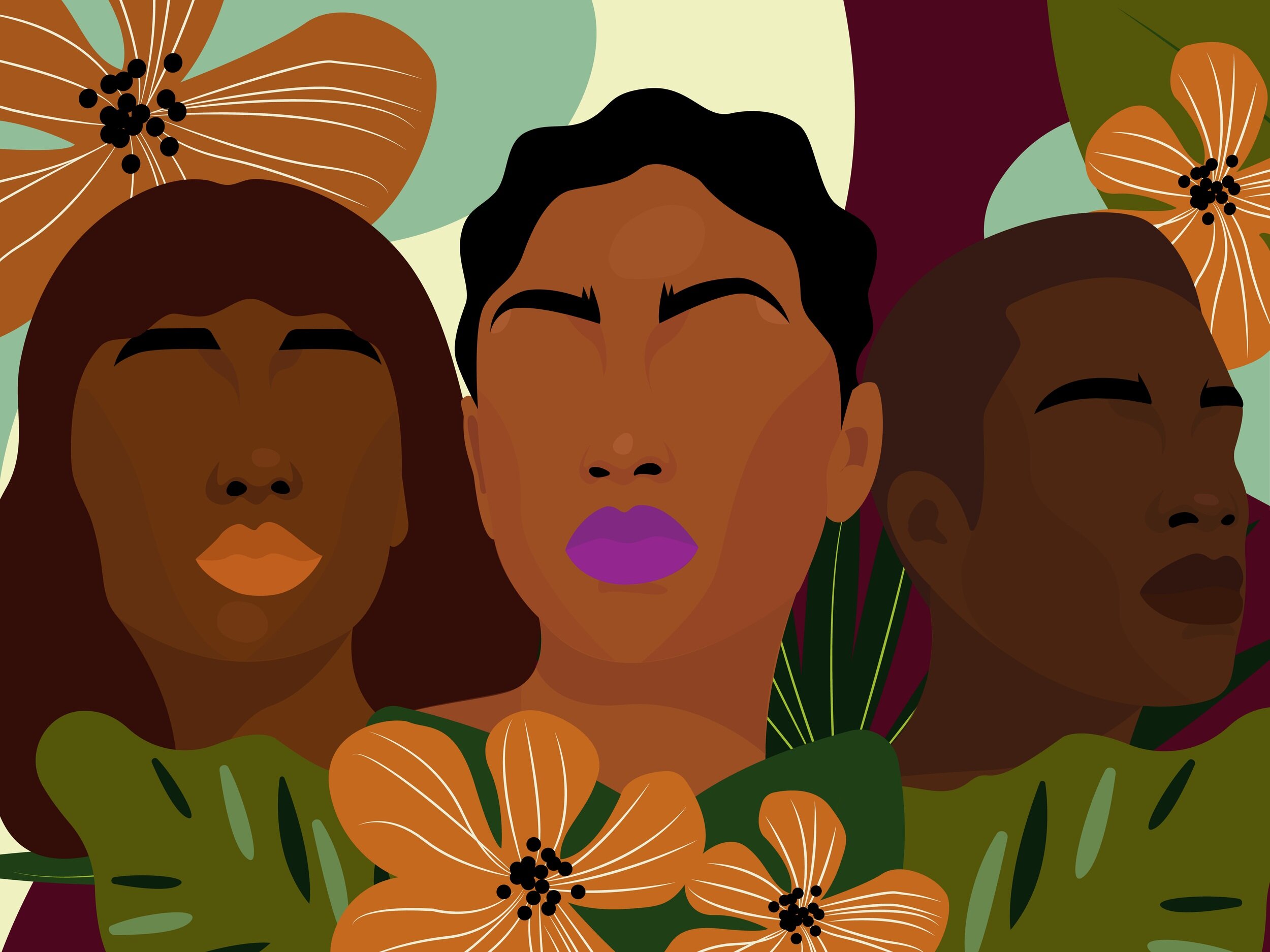Jerusalem Adams-Shepard
From catching a cold from your roommate to the more insidious ways depression and anxiety can creep in, being ‘sick’ in college takes on new meanings. Even further, college is often the first time one’s physical well-being is firmly in their hands. Before, there might have been Mom or Dad or the school nurse who would be able to advise you with their age old tips and tricks. But such support seems to disappear within colleges and universities, leaving many students to experience all sorts of health woes effectively on their own.
More specifically, womxn/femme identifying people are left to make body altering decisions, especially as it concerns their reproductive health. Between the pill, Depo-Povera shots, IUDS, and other methods, birth control can become a topic of discussion among femmes across college campuses. These conversations are important to have, especially among friends, it is just as crucial that concerns be carried over into appointments with healthcare providers. And in taking it a step further, it is up to womxn and femmes to take their agency into their own hands, to feel empowered in making the choices best for themselves. With that being said, I have cultivated three tips for how to be proactive and be empowered in making health decisions as a womxn in college.
Be familiar with your insurance policy. Many, but not all, colleges provide health insurance policies for their students. Some people stay on their parents’ insurance. Either way, make yourself very familiar with the policy, as there are a number of services that you could be receiving and you don’t even know. Not only does this possibly open the door to receive services outside of the often understaffed health centers, it also can also even include coverage for other services like therapy.
Be honest with advisors and professors about health concerns. It is all too easy to ‘power through’ various health issues, from a basic cold to a nagging pain that you think you can treat with Tylenol and other substances (read: weed). Not only is this detrimental to your health in the long run, it continues the perpetuated need to constantly be ‘productive’ or ‘busy’, leaving your health on the backburner. But in telling advisors and professors, they are not only likely to be more understanding should health concerns arise but they can also hold you accountable in truly honoring and listening to your body’s needs.
Be present in your body. This tip is a lot easier said than done but arguably the most important. Being present in your body means discovering what that means to you. For some people, that means exercise. To others that means meditation or setting aside 30 minutes every day to journal. Some general suggestions are to cook at least one meal for yourself when you can, exercise as regularly as you are able, and take at least one day for yourself weekly to recoup.
If there is anything to take away from this article, it is that taking care of one’s body means mentally, physically, and emotionally being attentive to yourself, in a way most womxn/femmes are not used to doing for themselves. The more you do it, the easier it becomes but it all begins with making the conscious effort to listen to your body.
